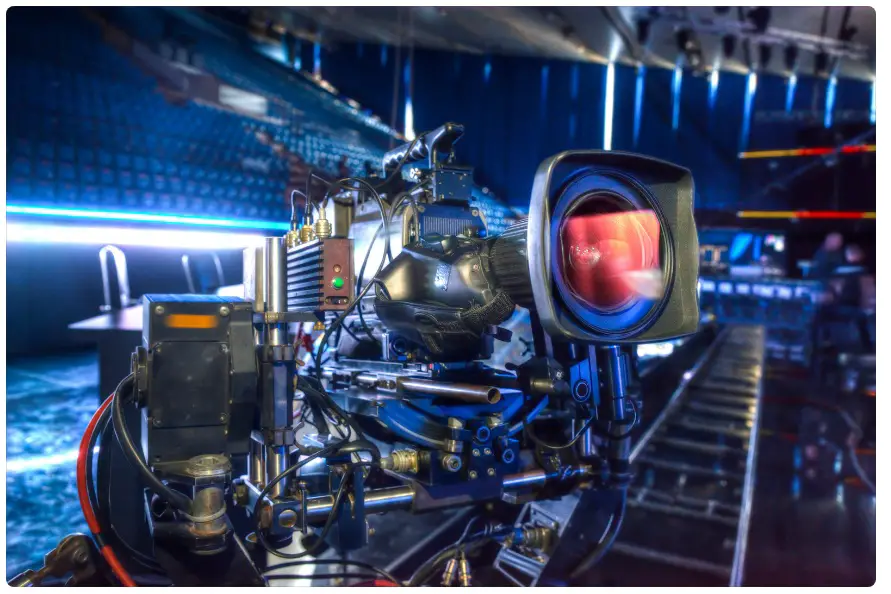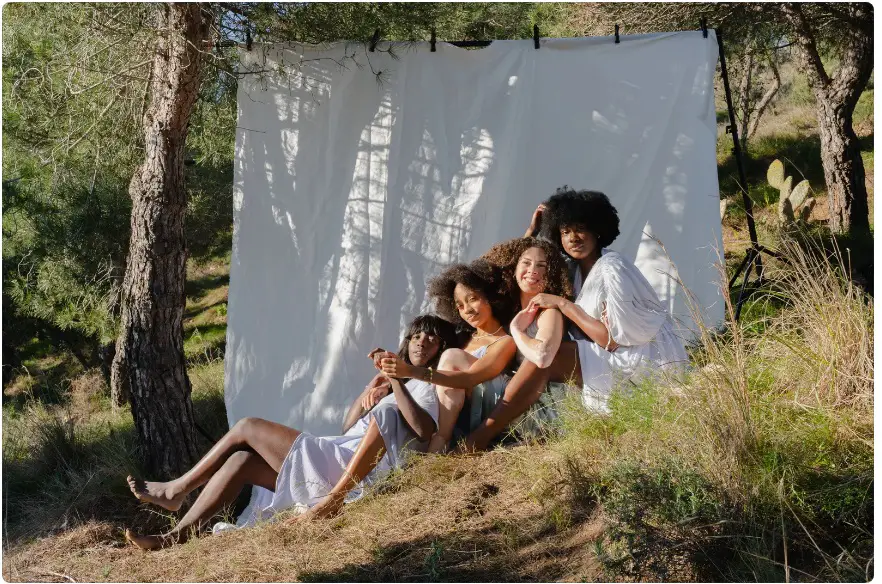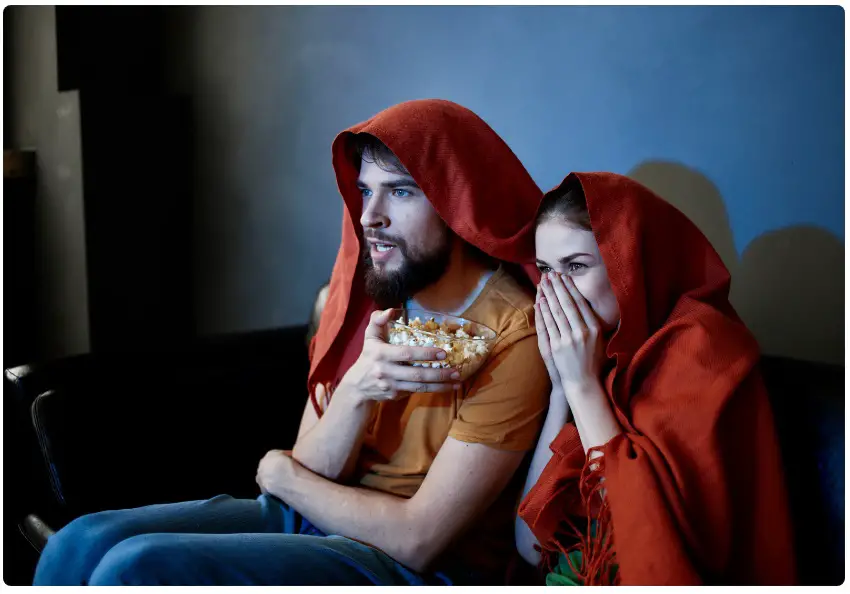Ah, reality TV, the delectable indulgence many of us can’t seem to resist. It’s a world filled with drama and seemingly spontaneous entertainment that keeps us coming back for more. But have you ever wondered about the hidden forces at work behind the scenes? The truth is, the real architects of reality TV are the producers. In this comprehensive article, we’ll explore the crucial role of producers in reality TV, shedding light on how they expertly orchestrate the show, providing viewers with their daily dose of excitement and intrigue.
Contents
I. The Power Players: Unraveling the Role of Producers in Reality TV
A. The Visionaries: Concept Development and Show Creation
Producers in reality TV often start by brainstorming and refining the perfect show concept. They are responsible for developing ideas that resonate with specific target audiences and possess the potential to become long-lasting, successful franchises.
Once the concept is nailed down, producers move on to the essential task of assembling the ideal cast. They search for charismatic individuals who can bring the drama, intrigue, and entertainment that viewers crave. The casting process is meticulous, with producers working to identify participants who will connect with audiences, generating buzz and ratings for the show.
B. The Strategists: Storyline and Drama Planning
Producers are the masterminds behind the storylines and drama that unfold in reality TV shows. They carefully craft engaging narratives to keep viewers hooked, week after week. This involves mapping out the trajectory of the season, weaving together story arcs, and ensuring that the show delivers on its promises of excitement and drama.
Beyond crafting storylines, producers also direct the interactions between cast members. They may subtly guide conversations, encourage heated debates, or create scenarios designed to evoke emotional responses. By doing so, they expertly orchestrate dramatic twists and turns that keep audiences guessing and glued to their screens.

C. The Magicians: Editing and Post-production
Editing is where the true magic of reality TV comes to life. Producers are instrumental in shaping the story through the editing process, selecting the footage that will best engage and entertain viewers. They have the power to manipulate the audience’s perception of events, highlighting specific moments, and juxtaposing scenes to create compelling narratives.
As they balance the need for entertainment and authenticity, producers must also be mindful of how their editing choices affect the public image of the show’s participants. This delicate dance is a critical aspect of the role of producers in reality TV, as they strive to deliver captivating content without compromising the integrity of the show or the participants.
II. Ethics and Manipulation: The Dark Side of Reality TV Production
A. Setting the Stage: Constructed Realities and Situations
While reality TV may give the impression of spontaneous, unscripted entertainment, it often involves a significant amount of behind-the-scenes orchestration. Producers carefully choreograph scenarios, setting the stage for drama, romance, and conflict to unfold.
This manipulation of emotions and relationships can sometimes blur the line between reality and fiction. Producers must navigate the murky waters of constructed realities, balancing the need for entertaining storylines with the ethical implications of their actions.
B. The Moral Quagmire: Exploiting Vulnerability and Creating Controversy
At times, producers in reality TV may exploit the personal issues and vulnerabilities of cast members for the sake of entertainment. By capitalizing on these aspects of the participants’ lives, they can create emotionally charged moments that draw in viewers. However, this can raise questions about the ethics of using someone’s personal struggles for entertainment purposes.
Furthermore, producers might encourage contestants to engage in questionable behavior or to push the limits of what is acceptable on-screen. This can generate controversy, which in turn can boost ratings and keep viewers talking about the show. It’s a delicate balancing act for producers, as they strive to maintain the ethical boundaries of their craft while delivering the drama that audiences crave.

III. FAQs: Satisfying Curious Minds
Q1: How much control do producers have over the outcome of a reality TV show?
Producers wield significant control over the outcome of a reality TV show. From conceptualization and casting to editing and post-production, they play a pivotal role in shaping the storylines, drama, and overall viewing experience. However, they must also balance their creative vision with ethical considerations and the unpredictable nature of human behavior.
Q2: Are reality TV producers responsible for the mental health of their cast members?
While producers have a duty of care towards cast members, it’s important to note that reality TV participants are adults who have consented to be on the show. Nevertheless, producers must be mindful of the potential impact of their decisions on the mental health of contestants and strive to create a supportive environment for all involved.
Q3: Can producers influence the way the audience perceives a contestant?
Yes, producers have the power to shape the audience’s perception of a contestant through editing choices and the portrayal of events. By highlighting specific moments and actions, they can control the narrative and create a particular image of the participant, which may or may not be an accurate representation of their true character.
Q4: How much of reality TV is scripted, and how much is authentic?
The degree of scripting in reality TV varies depending on the show. While some programs follow a more structured format, others allow for greater spontaneity. In any case, producers are skilled at creating the illusion of unscripted entertainment, even when certain aspects of the show are pre-planned or manipulated behind the scenes.
Q5: What skills and qualifications do successful reality TV producers typically possess?
Successful reality TV producers often have a background in television production, with experience in various aspects of the industry. They should possess strong storytelling skills, a keen understanding of human psychology, and the ability to think strategically about content creation. Additionally, they must be adaptable and able to handle the unpredictable nature of working with real people in unscripted situations.
Conclusion: The Enigmatic Art of Reality TV Production
It’s evident that the role of producers in reality TV is integral to the success of these shows. They bring ideas to life, concoct the perfect blend of entertainment and drama, and ultimately shape the viewing experience for their audience. However, this power also comes with a responsibility to navigate the fine line between captivating storytelling and respecting the ethical and authentic boundaries of the medium.
As viewers, it’s up to us to be aware of the manipulations that can occur behind the scenes and to consume reality TV with a discerning eye. Nevertheless, there’s no denying the allure of these programs, and the producers behind them have truly perfected the art of keeping us enthralled, episode after episode. If you’d like to learn more about the financing of reality shows, we have a full guide to that here.




4 responses to “Behind the Curtain: The Role of Producers in Reality TV Uncovered”
[…] We left the Mexican restaurant with stuffed bellies (at least, I was stuffed – I always overeat) and took refuge on the couch for the rest of the evening. Josh worked on his first homework assignments for his Master’s program (they grow up so fast 🥲), while I did some reading on the computer. Tonight, I read several articles on reality tv show production. […]
[…] credits. Post-production is where those specific final editing decisions are made, and there are post story producers in charge of making those final […]
[…] credits. Post-production is where those specific final editing decisions are made, and there are post story producers in charge of making those final […]
[…] For a peek at the unfabricated aspects and production, visit Casting Master. […]